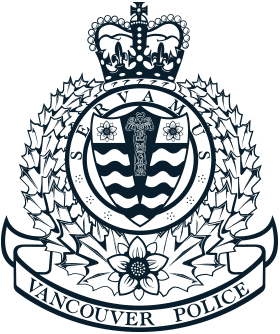Human trafficking doesn’t have to involve crossing borders, and it’s not just a foreign problem — it’s happening right now in communities across Canada.
Human trafficking involves recruiting, moving, or holding victims to exploit them for profit, usually for sexual reasons or forced labour. Traffickers can control and pressure victims by force or through threats, including mental and emotional abuse and manipulation. (Source)
There are four types of human trafficking:
Sex Trafficking
Sex trafficking is a form of human trafficking that involves recruiting, moving, or holding victims for sexual exploitation purposes. Sex traffickers can coerce victims into providing sexual services by force or through threats, including mental and emotional abuse, and manipulation. (Source)
Stop Sex Trafficking
Our Stop Sex Trafficking campaign will help you recognize the signs that you or someone you know may be a victim, and what help is available.
Signs You May be a Victim
- Is someone controlling, threatening you, or dishonest?
- Are they giving you expensive gifts and telling you to look sexy?
- Does they try to prevent you from spending time with your friends or family?
- Are they forcing you to have sex for money and keeping the money you make?
Labour Trafficking
A form of human trafficking in which people provide labour or services through the use of force, fraud or coercion. It includes situations of debt bondage, forced labour, and involuntary child labour.
Labour traffickers use coercion, threats, and violence to force people to work long hours for little or no pay, often in unsafe working conditions, in industries such as:
- Construction
- Agriculture
- Restaurant
- Manufacturing
- Food processing
- Live-in caregiving
Labour Trafficking Facts
- Debt Bondage is a form of labour trafficking where a person is told they must work to pay off a large, unexpected, and illegal debt.
- Newcomers and people in other countries may be recruited by someone from their home country or from Canada who makes false promises about the requirement of a job and its pay.
- The person may not know their rights, may not know how to get help, or may fear reporting to the police.
- Labour traffickers often take away passports and other documents, and sometimes control where the person stays.
- Language barriers may affect someone’s ability to seek help or access services.
Forced Marriage
A forced marriage is when someone makes you get married when you do not want to. It is not the same as an arranged marriage, where both people consent to the marriage.
Family members might believe that the marriage is the right thing for the person and for the family. In some cases, people are taken abroad against their will to be married. Forced marriage may include:
- physical violence
- threats of violence
- sexual violence
- abduction
- emotional and psychological abuse
Forcing someone to marry against their will is a crime in Canada.
Organ Trafficking
The organ trade includes three broad categories:
- traffickers who force or deceive victims to give up an organ
- people who sell their organs out of financial desperation, often only receiving a fraction of the profit, or they are cheated out of the money altogether
- victims who are deceived into believing they need an operation and the organ is removed without their knowledge
Organ trafficking mainly takes place through “transplant tourism,” in which a Canadian visits another country to receive an organ transplant in a foreign hospital.
There is no law in Canada prohibiting Canadians from taking part in transplant tourism – travelling abroad and purchasing organs for transplantation and returning home to Canada.
Who is Most at Risk of Being Trafficked?
Many factors are at play, but traffickers most often tend to target people who are:
- Young
- Female
- Have suffered abuse and violence
- Indigenous or from racialized communities
- 2SLGBTQ+
- Living with disabilities
- Migrants or new immigrants
- Struggling with money
- In foster care
- Unaware of their rights
- Working in remote areas
- Isolated from social supports
- Struggling with the dominant language
Human traffickers prey on individuals who may be in challenging situations. This could be someone who is not in contact with their family, struggling with their identity, a survivor of abuse, or someone in desperate need of work or money. Whatever the reason, victims are often unaware that they’re even being groomed as traffickers can be expert manipulators.
Resources
Canadian Human Trafficking Hotline
Get confidential help 24/7 in several languages by calling the Canadian Human Trafficking Hotline.
Call toll-free 1-833-900-1010 or chat online.
The Canadian Centre to End Human Trafficking
The Canadian Centre to End
Human Trafficking
1-833-900-1010
24/7 toll-free
Onyx
A free, confidential, voluntary support service for youth aged 13-18, of all genders and all orientations, who are, or are at risk of, being sexually exploited. Young people can access Onyx on their own, through a friend, family member, MCFD, other youth serving agencies, their school or the police.
Toll Free: 1-877-411-7532
Email: onyx@plea.bc.ca
Children of the Street
Children of the Street offers children, parents, caregivers, and service providers the information and practical tools they need to keep young people safe from all forms of sexual exploitation.
604-777-7510
info@childrenofthestreet.com
Family Services of Greater Vancouver
For over 25 years, Family Services has delivered victim services to women and children who have experienced domestic violence, sexual violence, and human trafficking.
Cybertip.ca
Cybertip.ca takes tips regarding the online sexual exploitation of children under 18 years old.
Crime Stoppers
Report crime anonymously to Crime Stoppers or call 1-800-222-8477.
Statistics Canada
Province of BC
The Office to Combat Trafficking
in Persons
1-888-712-7974
24/7 toll-free
octip@gov.bc.ca
VictimLinkBC
1-800-563-0808
24/7 toll-free
victimlinkbc@bc211.ca
Illuminate
Ending Human Trafficking
604-347-9500 or
toll-free 1-855-332-4283 24/7
connect@illuminateht.com
Vancouver Police Foundation
This awareness campaign is possible thanks to the generous support of the Vancouver Police Foundation.



